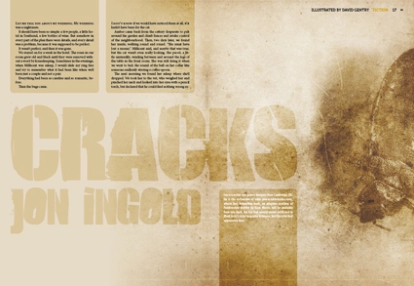Gosh, but it’s been a long time since I wrote anything here. The reason for that is I’ve been tied up with inkle: the last post was September ’12, which was about when we started on our Sorcery! series, and that hasn’t really let up. Sorcery!, if you don’t know, is a series of choice-based text-games for touch screens, that’s done pretty well so far. I’ve been working on the design, and also done the adaptation from the original gamebooks to our inklewriter-based format.
But that’s not really what I wanted to write about. What I wanted to write about the type of games we’re now making. They’re not parser games – they use choices – but in terms of design, they’ve ended up being closer to parser games than anything else. In fact, I’ve got a provocative statement to make, which is this.
“Parser games are prototypes of choice-based games.”
This is not quite true, but it’s quite close to something true. I’m now going to try and argue it.




